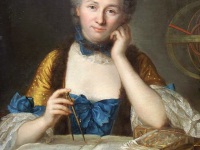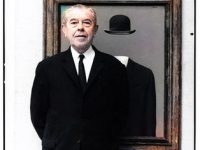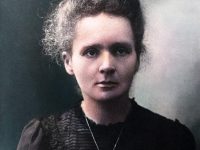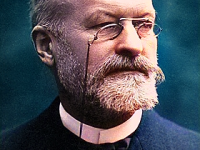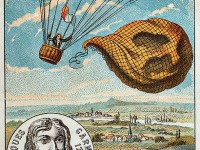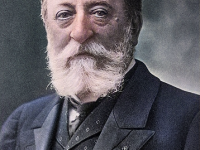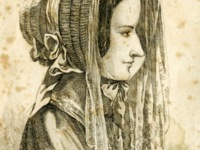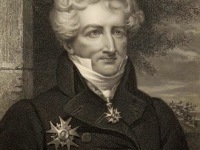The Untranslatable Linguistic Elegance of Jean Racine
On Dec 22, 1637, French dramatist Jean Racine was born, one of the three great playwrights of 17th-century France, along with Molière and Corneille, and an important literary figure in the Western tradition. Racine’s plays displayed his mastery of the dodecasyllabic (12 syllable) French alexandrine. His writing is renowned for its elegance, purity, speed, and fury. The linguistic effects of Racine’s poetry are widely considered to be untranslatable, although many eminent poets…
Read more


